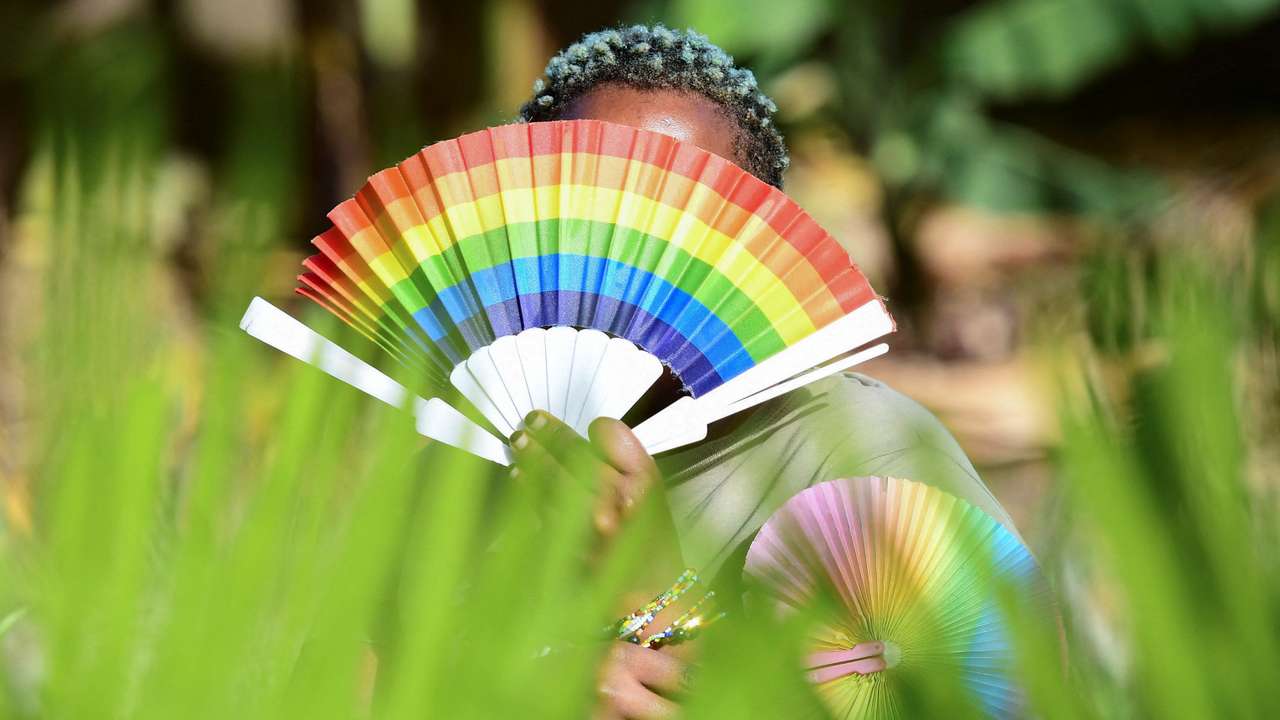'We're Invisible': LGBTQ+ activists demand more funding in Francophone Africa

Francophone LGBTQ+ activists in Africa are urging Western governments and global foundations to address significant funding disparities, arguing that French-speaking countries face unique challenges in advocating for LGBTQ+ rights.
An investigative report by The Canadian Press uncovered the issues faced by French-speaking groups.
"Basically, we're invisible," said Michaël Arnaud, executive director of Égides, a Montreal-based alliance supporting LGBTQ+ rights in francophone regions.
Arnaud highlighted how limited funding and barriers to international advocacy disadvantage these organisations compared to their Anglophone counterparts.
Activists like Patrick Fotso of Alcondoms Cameroun, a sexual health clinic and LGBTQ+ advocacy centre, emphasise the disparity in resources. "There is no balance," Fotso said, noting that HIV-related projects often overshadow critical human rights work due to better funding availability.
The challenges are compounded by the distinct socio-political landscapes of francophone countries, where issues often revolve around freedom of expression and assembly rather than explicit criminalisation. Activist Caroline Kouassiaman of the Sankofa Initiative for West Africa explained that francophone countries face heightened instability due to factors such as political coups and terrorist activity. "The majority of countries that are in crisis... are francophone," she said, emphasising the risks activists face in such volatile environments.
A report by the Global Philanthropy Project found that between 2013 and 2020, only 1% of global LGBTQ+ funding was allocated to francophone countries, leaving many grassroots organisations struggling to address systemic repression.
Advocates warn that the lack of support could lead to worsening repression, as seen in Anglophone countries with draconian anti-LGBTQ+ laws. Kouassiaman stressed the urgency for allies like Canada to push for inclusive policies within la Francophonie, a global organisation of French-speaking nations.
"This leadership role is really important," she said, urging Canada to rally European partners to invest in LGBTQ+ movements and prevent further erosion of rights in francophone Africa.